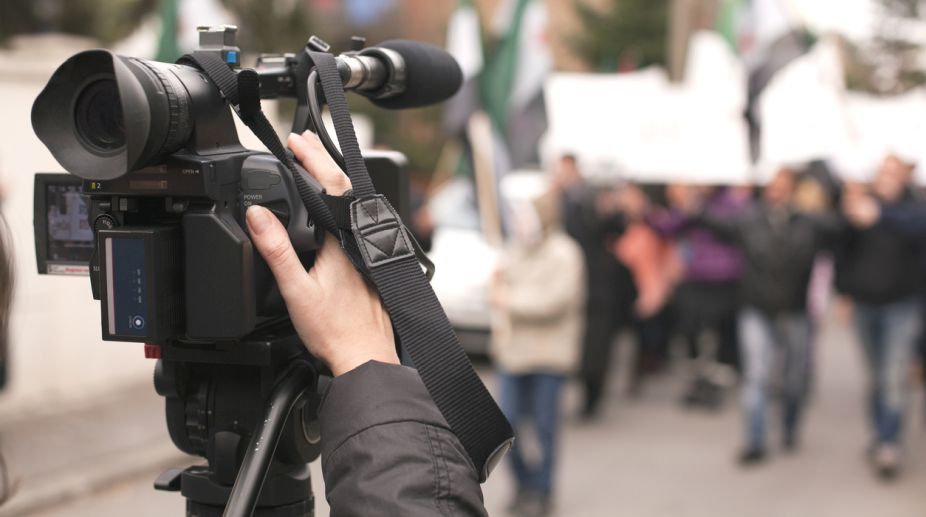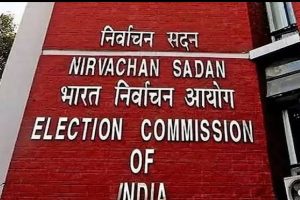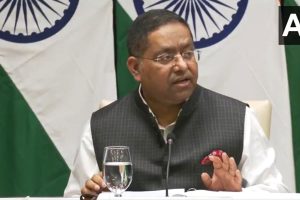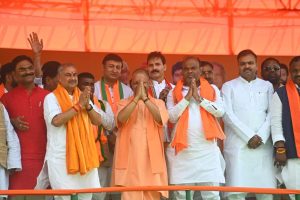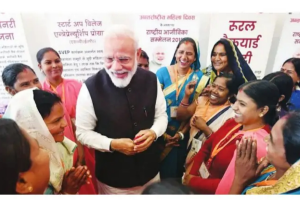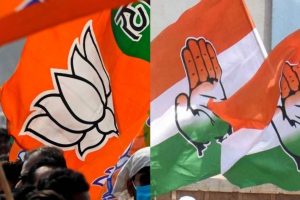It is a truth well recognized that the freedom of the media is compromised around the world and annual reports on the state of such freedoms in different countries, if sometimes exaggerated, provide ready evidence of this. But the insidious power of a single piece of legislation, and its use to rein in criticism, real or perceived, in neighbouring Bangladesh must be studied with interest and alarm, both borne of the realization that such templates are often adopted by other jurisdictions with considerable alacrity.
The legislation in focus is the country’s Digital Security Act, its bland title encompassing, according to reports from Bangladesh, a multitude of excesses including the incarceration of a journalist under its provisions for a report on rising food prices and the cost of living, and the consequent labeling of the newspaper as an enemy of the people by Prime Minister Sheikh Hasina. Purportedly crafted in 2018 to rein in the spread of propaganda and extremist literature, provisions of the Act have reportedly been used to stifle all forms of criticism.
Action under the Act, say journalists, is often accompanied by attacks on them and their publications by members of the ruling Awami League party, who seem to consider the leveling of a charge of breach of digital security a license for unleashing their might. According to a tracker run by the Centre for Governance Studies in Bangladesh, more than 600 cases have been filed under the Act since 2018, a statistic made more chilling by the fact that more than half these cases were filed by persons affiliated with the ruling party or by government officials. Growing criticism by international human rights groups has reportedly provoked a re-examination of the Act’s provisions by the government.
But journalists complain that the exercise is an eyewash and that they are being kept out of the process, which is unfair because they are the most frequent targets. In a column published over the weekend, veteran editor Mahfuz Anam writes: “The group that has suffered many jail terms, innumerable arrests and most harassment, and the profession that has been devastatingly crippled, and which has most virulently objected to this law, have not been involved in this process.
No representatives of journalist unions or editors’ bodies have so far been invited to be a part of this discussion. Why this shutting out of journalists and editors?” These are pertinent questions that had to be asked, and must be answered. Elections in the country are scheduled at the end of the year. As political tempers rise, the presence of the DSA in its present form, and its use by the government in the manner that it has, will have a chilling effect on the democratic process

